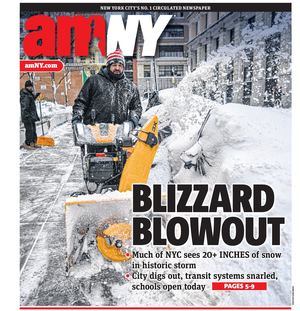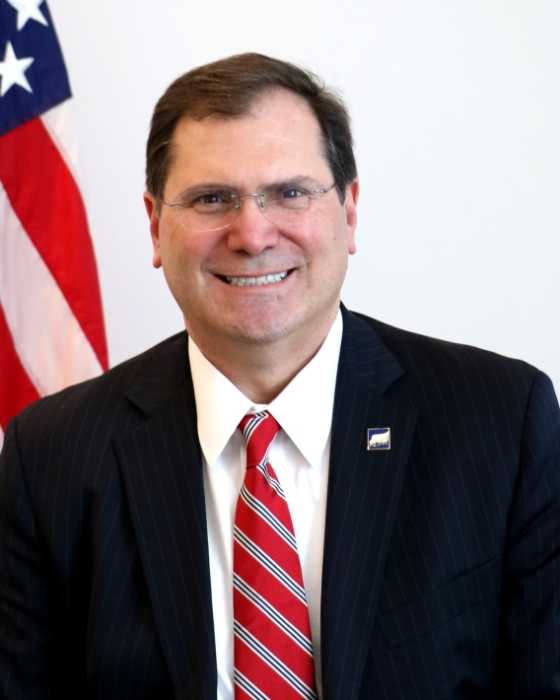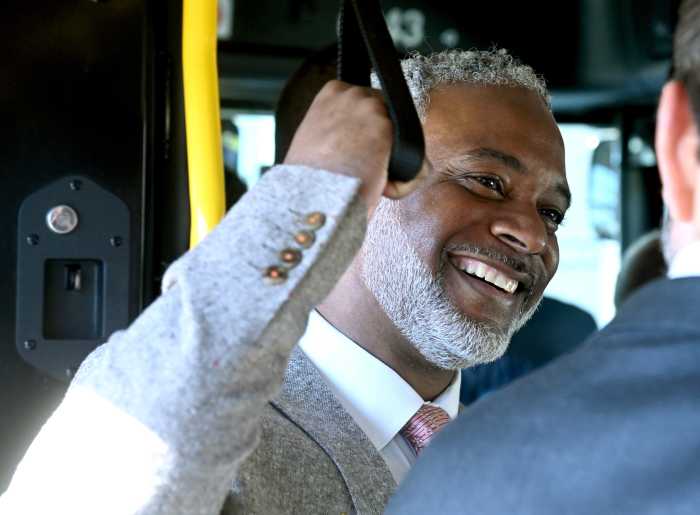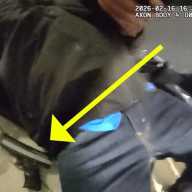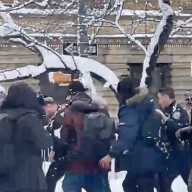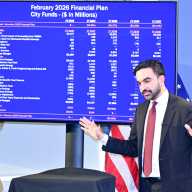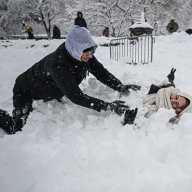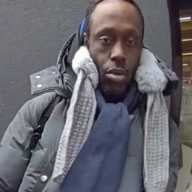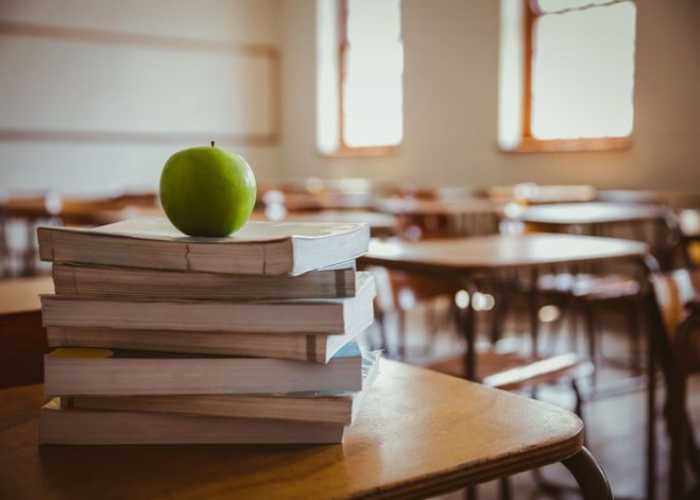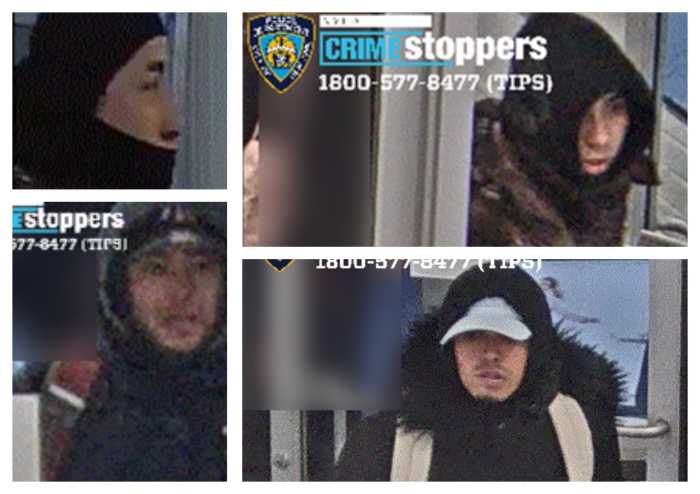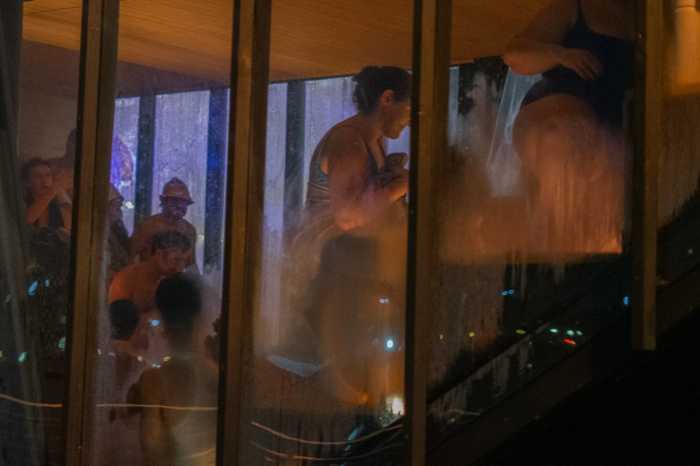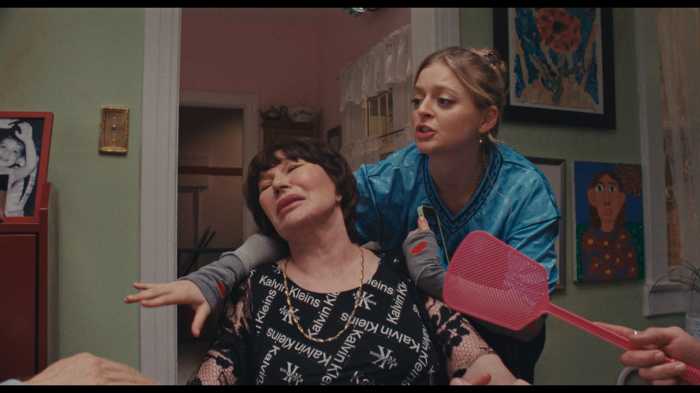First, the immigration ban.
Now, public school education is threatened with the confirmation of controversial billionaire Betsy DeVos as secretary of education. As the daughter of a public school-educated, first-generation American, I might not have been here if today’s government had been in charge a century ago.
My father was the son of a Prussian immigrant. “None of us really knew where grandma was from,” he explained. “The borders kept changing.” Her birth certificate listed her country of birth as Austria. Wherever she was born, she came to America penniless in the late 1800s for a better life, like so many others before and after her.
She settled in Bedford Stuyvesant long before it became the gentrified millennial enclave. Speaking six languages, she learned English by reading billboards. Seeing an ad for Drake’s cakes, she pronounced it “Drak-iss Cock-iss.” Grandma Regina and her husband supported two children. Widowed in her early 40s, she cleaned houses and started a knitting business. She taught my father to read, play bridge, work hard, and get a good education.
This is what immigration looks like.
My father attended Boys’ High School in Bed-Stuy, where a majority of students elected to study Latin. An esteemed list of alumnae emerged: Isaac Asimov, Max Roach, Norman Mailer, Aaron Copland, Man Ray, surgeons, athletes and social activists.
This is what public school education looks like.
Dad attended Cooper Union to study engineering. He couldn’t have afforded it if not for its free tuition. He helped support his mother and sister with part-time jobs, and later joined the design team for the dome of the Hayden Planetarium. He left the field because of anti-Semitism, realizing his options for advancement were dim.
This is what prejudice looks like.
Dad spent 35 years as a civil servant, managing a payroll audit department for the predecessor to the Workers’ Compensation Board. “He never felt challenged or reached his potential there,” my mother told me, “but he took the safe route with a steady paycheck.”
He sent three children to college without loans or financial aid. “I make too much to qualify for aid,” he said, “too little to afford college.” Although my older brother was fortunate to get free tuition at Brooklyn College, my father toiled on weekends, building a tax-preparation practice at a desk in my bedroom.
This is what hard-working children of immigrants do. Their parents sacrifice for them and they in turn sacrifice for their children, conveying the mantra, “A good education is more important than anything else.” I didn’t spend much time with Dad, as he was always working. At the time, I thought it was because he didn’t love me, but I know he did it for his children, who became a dentist, a lawyer and a teacher.
I spent five years in the public school system as a drug-abuse prevention counselor and later a special-ed teacher. I inherited a class that two teachers had abandoned three weeks into the school year. It took four months before Kerry, a terrified student huddling on the floor, was sitting at a desk completing math workbook pages. I consoled Faith, who came in with cigarette burns etched into her wrist from her mother. On a school trip I bought my students treats I personally purchased, including a chocolate milkshake for Kerry. He’d never drank one before. He said “Thank you, Mrs. Schulman,” when at the beginning of the year he mainly grunted responses.
This is what special ed looks like.
Today I am a college professor at the New School, where I have taught students from Mexico, Saudi Arabia, Russia, and the American heartland. Students from all religions, straight, gay, transgender, uniting together for the same goal: to learn, speak freely, get ahead.
After last year’s presidential election, swastikas were scrawled on four dormitory doors of Jewish students at the New School. For the first time in my career, a student wrote to me, asking to have a “safe space” available in the classroom. Although I believe I’ve always provided a safe space in the classroom, now even that feels at risk.
I’m grateful I inherited my parents’ values and work ethic. There were times when I felt embarrassed having first-generation parents, who spoke and dressed differently, espousing old-fashioned views. But they always showed up at parent-teacher conferences, proud when I skipped two grades. They lived the American dream of guiding their children to have better lives and fully integrate into society. They wouldn’t recognize the country we are becoming.
Neither do I.
Candy Schulman is an essayist who lives in New York City.
